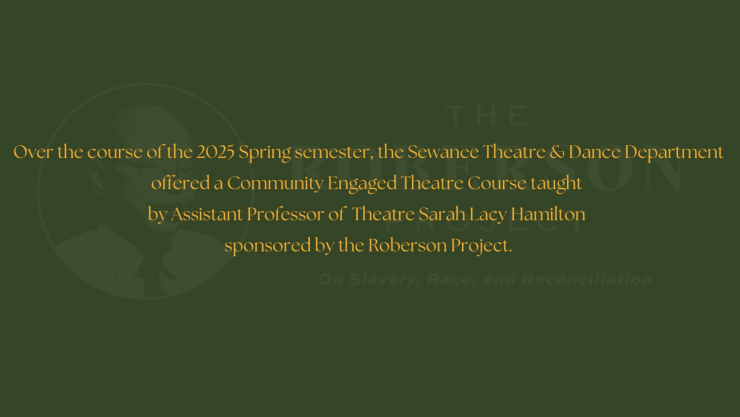Professor Simpson’s Punishment Course (Political Theory)
Students spend 12-15 hours over the semester engaging with incarcerated folks and people working in re-entry programs. These community partners include Blue Monarch and jails in surrounding counties. A significant portion of this time occurs through helping at scheduled off campus events, such as volunteering at re-entry and support facilities. It also includes a pen-pal program between the jail and students. Community engagement with these individuals helps students better grapple with questions around a range of philosophical treatments of punishment. This engagement urges students to recognize the complexity of punishment and its effects on both the punished, their communities, and society at large.



